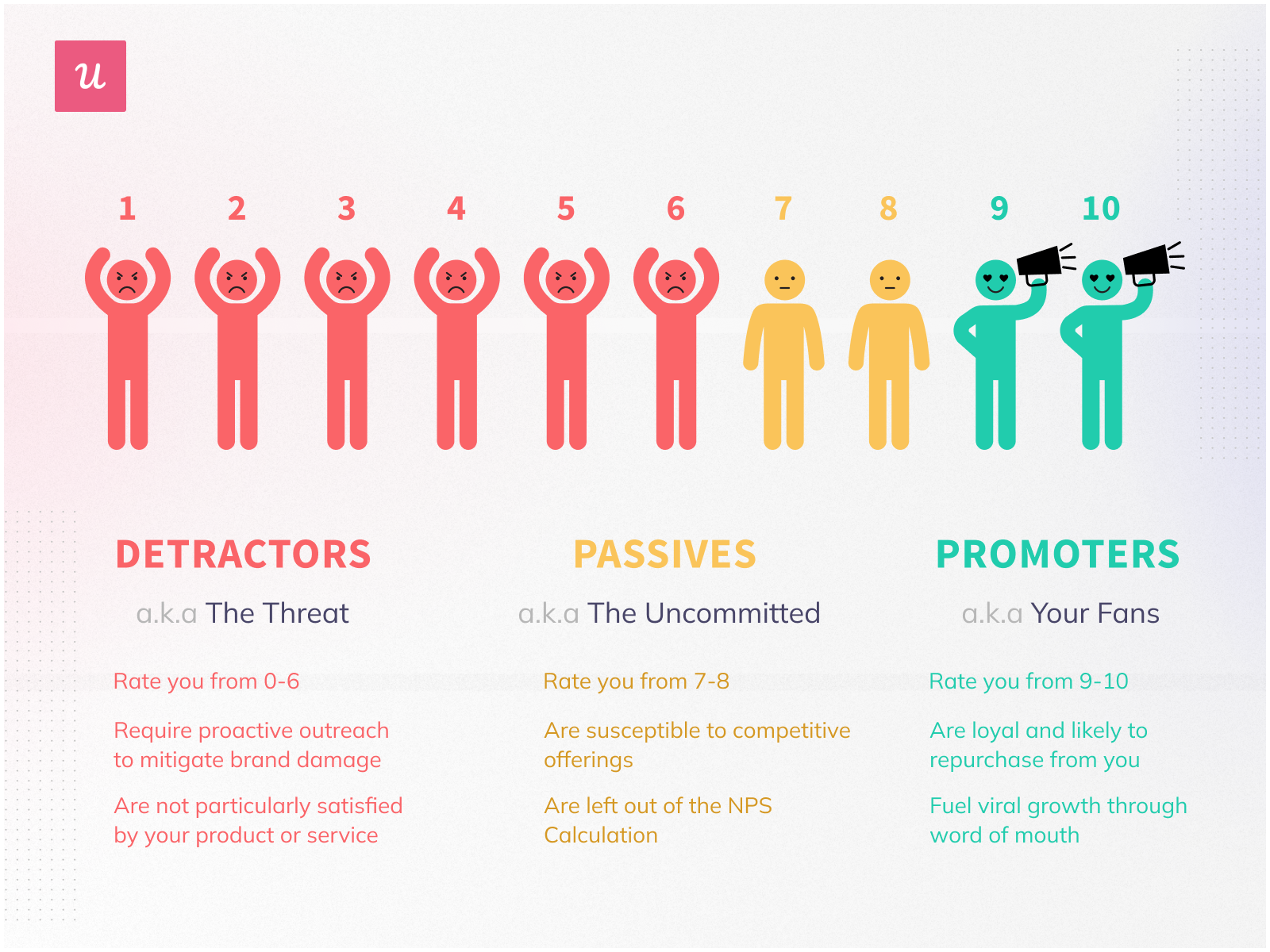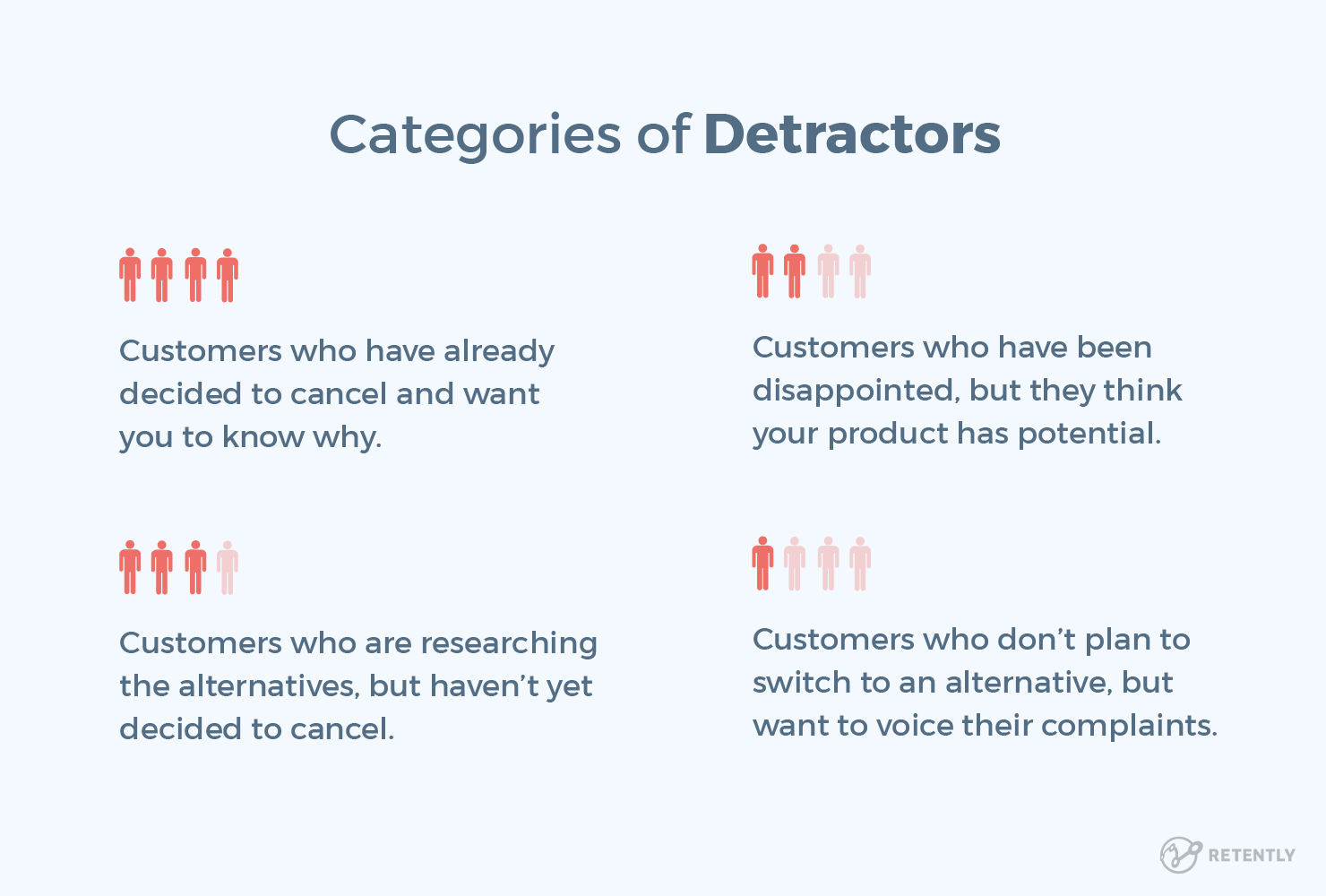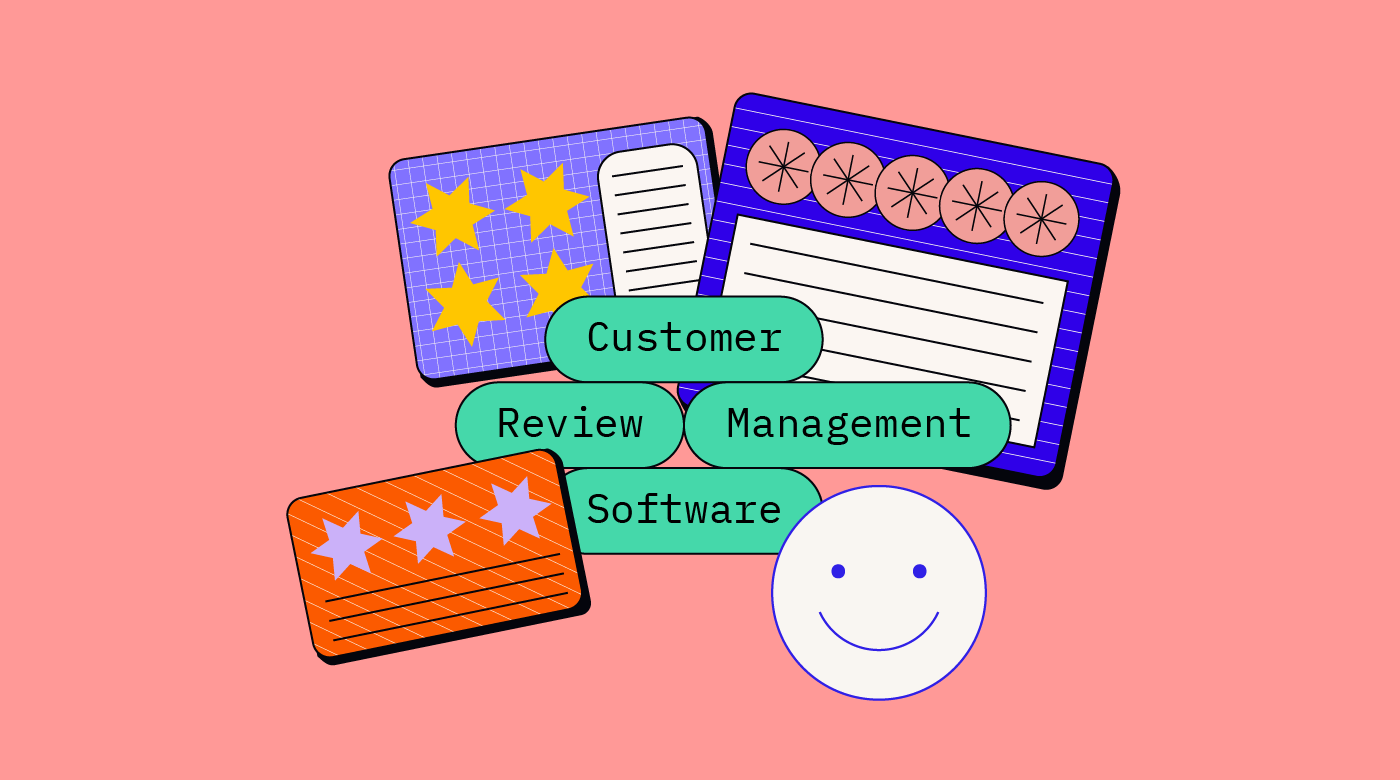Reviews are the lifeblood of any software-as-a-service (SaaS) business. They build trust, provide feedback, and attract new users. Yet, many companies treat reviews as an afterthought, failing to realize their full potential.
In this guide, we'll explore practical strategies to transform your review presence from a passive asset into an engine for growth. Drawing on lessons from top SaaS brands, we'll cover:
- Making review sites work for you
- Turning negative feedback into fuel for improvement
- Crafting responses that build loyalty
- Automating review generation
- And more
Whether you're a scrappy startup or an enterprise giant, thoughtfully engaging with reviews allows you to punch above your weight class. Let's dive in.

Monitoring Review Sites

The first step is knowing when and where people are reviewing your product. While site-specific monitoring is important, manually checking dozens of sites is impractical. Instead, use an automated monitoring tool like ReviewTrackers to aggregate reviews from:
- App stores
- Marketplaces
- Review sites
- Social media
- And anywhere else your product is discussed
Configuring email/Slack alerts for new reviews ensures your team sees feedback in real time. Monitoring helps you spot negative reviews before they spiral out of control and positive reviews you can use for marketing.
Sources to Track
While monitoring hundreds of sites has value, a few sources tend to drive the most visibility and conversion impact. Prioritize tracking:
- App stores: Such as iOS App Store and Google Play. These have a huge SEO footprint and visibility to your addressable users.
- Marketplaces: Such as Chrome Web Store, Microsoft Appsource, and SAP App Center. Drive direct sales engagement.
- Review sites: Including G2, Capterra, and SoftwareAdvice. Influence buyer perception across the web.
- Community sites: Namely Reddit, Quora, and discussion forums. Enable early issue detection and engagement opportunities.
Encouraging More Reviews

Driving proactive review generation builds credibility through greater volume, recency and overall score. Yet, many customers won’t organically leave feedback without a soft nudge. Tactfully solicit reviews via:
Onboarding touchpoints
- Post sign-up confirmation email
- New user training sessions
- Quick start guide checklist items
Milestone engagement triggers
- Free trial expiration
- First renewal notice
- Version update/feature releases
- Right after live chat/call support
Targeted review requests
- Segment users by satisfaction indicators
- Personalize review asks to context
- Offer micro-incentives occasionally
| Review Request Template | Example CTAs |
|---|---|
| Hi [Name], hoping [Software] has been saving you lots of time! Would you mind leaving a review on Capterra about your experience? Appreciate you helping other teams. 🙏️ | "Share your feedback" "Review us on Capterra" "2 min review" |
Sending occasional targeted review asks to delighted users keeps your review presence vibrant, while avoiding excessive pestering.
Responding to Reviews
Replies demonstrate you care, help resolve issues, and allow clarifying misconceptions. Yet with limited time, thoughtfully prioritizing responses matters.

Volume Response Systems
You likely lack resources to personally engage every 1-3 star review. Use templates to resolve common issues at scale.
Sorry to hear you had trouble getting started with [Software]! Our support champion Emma is happy to help troubleshoot and make sure you have a smooth experience moving forward. Feel free to DM your email address or support ticket number, and we'll reach out shortly! Thanks for the feedback - we appreciate you taking the time. 🙏️
Volume responses should acknowledge the complaint, offer help, thank the reviewer, and include contact info. This resolves basic issues for many users.
Personalized Replies
While some situations call for templates, personalized engagement carries more impact.
Prioritize tailored responses when reviews:
- Raise new or nuanced issues
- Come from key accounts/influencers
- Make exaggerated or inaccurate claims
- Share actionable enhancement suggestions
Use reviewers' names, ask clarifying questions, provide context, and flexibly resolve on a case-by-case basis. Thoughtful replies can even turn detractors into promoters.
Response Impact Analysis
64% of buyers are more likely to purchase after reading vendor replies to reviews. Yet simply responding isn't enough - you must move the needle.
Make use of intent signals in reviews to shape responses that convert.
| Reviewer Intent | Example Response Strategies |
|---|---|
| Vent Frustration | Acknowledge emotion before facts Share contact info to resolve offline |
| Share Feedback | Thank for specific insights Explain improvements underway |
| Influence Peers | Offer custom content/case study Request referrals |
| Evaluate Options | Respond to exact concerns Describe ideal customer fit |
Analyze replies over time to continuously improve response impact.

Turning Critics into Advocates
Even the best response won't always delight critics. But turning vocal detractors into evangelists generates powerful word-of-mouth.
Regaining skeptics' trust demands exceptional 1-on-1 care. Tactics include:
Direct messaging
Follow up privately via email/DM instead of publicly. Allows deeper dialogue without PR risk.
White glove support
Assign an internal champion to handle needs end-to-end. Build a personal relationship through exceptional service.
Incentives
Offer promotional credit, exclusive early access to releases, or premium support levels. Red carpet treatment.
Ongoing engagement
Schedule recurring touchpoints to share updates and collect feedback. Makes them feel valued.
Turn negative reviewers into neutral parties who remove their reviews, or better yet, convert them into positive advocates whose changed opinions carry significant weight.
Structuring Your Review Team
Managing your review presence requires clearly defined workflows between marketing, support, product, and leadership.
Executives
- Weigh in on severe escalation cases
- Share feedback internally on roadmap prioritization
Product
- Digests issues raised in reviews
- Implements fixes and enhancements
Support
- Drafts volume response templates
- Handles moderate inbound issues
Marketing
- Owns review monitoring configuration
- Manages major review site profiles
- Generates proactive review requests
- Reports on response metrics
With tiered review responsibilities, no concerns fall through the cracks. Democratize access to reviewer insights company-wide.
Long-Term Review Reliability
The highest reviewed products balance short-term delight and long-term reliability. Avoid common pitfalls like:
Feature bloat: Shiny new features may wow early adopters. But mainstream users crave simplicity and performance. Prioritize nailing core use cases through endless refinement.
Technical debt: Quick patches save time now but accumulate crufty code and fragile architectures over years. Invest in solid foundations despite longer timelines.
Neglected infrastructure: Essential but boring backend elements like scalability, security, and compliance pay long-term dividends. The world's best UI means nothing following an embarrassing outage or breach.
Sacrificing sustainability for quick wins inevitably degrades hard-earned customer trust as issues compound. Stay committed to building an enduring product.

Review Generation Tools
Manually requesting reviews rarely scales beyond early stages before becoming noise. Sophisticated technology now automates review generation.
In-app modals prompt happy users to leave a review after key events like:
- Successful onboarding flows
- Feature adoption milestones
- Renewals and referrals
Review widgets capture feedback directly inside your app UI then feed responses to review sites. Eliminates email review churn.
Smart trigger systems combine behavioral analytics, machine learning, and CRM data to target only highly satisfied customers with thoughtful review asks.
Done right, technology can quadruple+ review volume. But poorly implemented tools annoy customers. Follow best practices:
- Limit review asks to 3-4 max per year per customer
- Personalize copy with merge tags
- Time requests based on usage signals
- Make leaving a review effortless
The right tools take manual unscalable review outreach off your plate.
Reviews Are Here to Stay
User reviews now make or break products across all industries. Companies repeatedly learn the hard way that ignoring feedback breeds resentment.
But companies who respect reviews as core to their business - not an afterthought - unlock remarkable growth. Treat reviewers like VIP customers. Let their collective wisdom shape your product and marketing voice.
By implementing the strategies in this guide, your team can tame the review beast and transform it into a sustainable competitive advantage. The companies changing tomorrow ask for - and listen to - reviews today. Will you?






